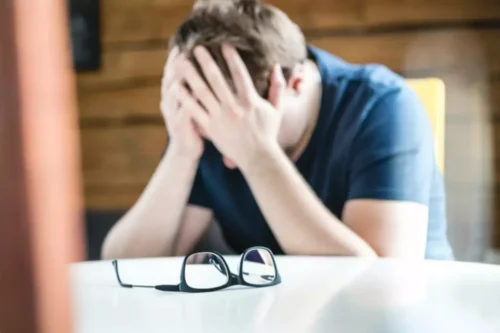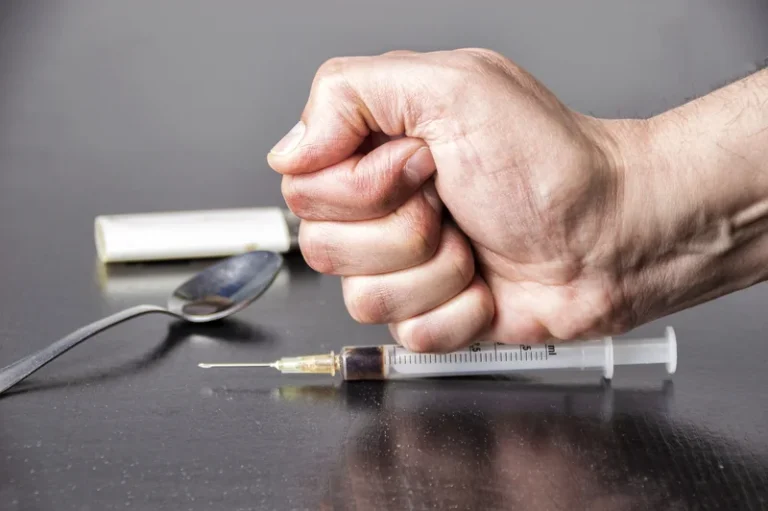
However, individuals who suffer from alcohol addiction require professional rehab. If you think you might have an alcohol use disorder, there are evidence-based treatment options that can help you to quit drinking. Learning about your options can help you decide what might work best for you. According to the NIAAA, alcohol pretty much affects you head to toe.

Short-term benefits:
- It also makes you more impulsive, and less able to resist the fries and other temptations on the menu.
- You may not think about this constantly, but it’s in the back of every drinker’s mind.
In the past year, around 10.6% of people in the United States, ages 12 and older, had AUD. In addition to personal relationships, professional support is invaluable in achieving sobriety goals. Engaging with therapists or joining support groups like Alcoholics Anonymous (AA) can provide structured guidance tailored to your needs. Professional programs offer recovery management strategies that have been shown to improve long-term sobriety rates (Psychology Today). The best program to quit drinking is the one that delivers results for your unique situation, and it varies from person to person. However, our top pick is Self-Management and Recovery Training (SMART) because of how effective it is for a variety of people.

Can You Taper Off Alcohol Safely At Home?
However, with the right tools and support—like those offered by Reframe—you’re equipped to navigate these challenges effectively. Keep tracking your progress, celebrate each milestone, and most importantly, be kind to yourself along the way. Setbacks may happen, but they are opportunities for growth rather than defeat.
Benefits of Goal Setting

A smart recovery strategy is to completely embrace a new identity as a person that does not drink. If you’ve been drinking for a long time, you may experience withdrawal symptoms when you quit drinking. If you properly taper your alcohol use, you’re less likely to experience alcohol withdrawal symptoms. Gradually reducing the amount of alcohol you drink can help give your body the time it needs to adjust to the lack of alcohol. There may be many reasons why a person plans to stop drinking alcohol. However, it may be more challenging for people who live with alcohol use disorder (AUD) than someone who casually drinks.
- Sobriety is more than just saying no to alcohol—it’s about building a life you truly love without it.
- For more tips on navigating social situations while staying sober, check out this guide.
- If you are concerned that you or someone you care about has a problem with alcohol there is a lot of help available.
- Over time, large amounts of alcohol blunt your immune system and your body’s ability to repair itself.

Drugs used for other conditions — like smoking, pain, or epilepsy — also may help with alcohol use disorder. Talk to your doctor to see of one of those might be right for you. However, efforts to change it are often resisted by the very people it’s meant to help. You need to find new hobbies to take the place of things you used to do while drinking. You need to find new activities and people to socialize with if all of your previous social activities revolve around boredom.
Use resources by the National Institute on Alcohol Abuse and Alcoholism (NIAAA)
If you’re having difficulty sticking to your goal or just want some extra guidance, consider reaching out for professional support. If you turn to alcohol to manage emotional distress, the added overwhelm can prompt the urge to drink, making success seem even more out of reach. What’s most important is looking at your drinking habits and finding a way to cut back that works for you. Maybe you don’t think you depend how to stop drinking on alcohol exactly, but you still wonder whether you might be drinking too much. In 2018, California’s deadliest wildfire to date — the Camp Fire — destroyed the town of Paradise.
